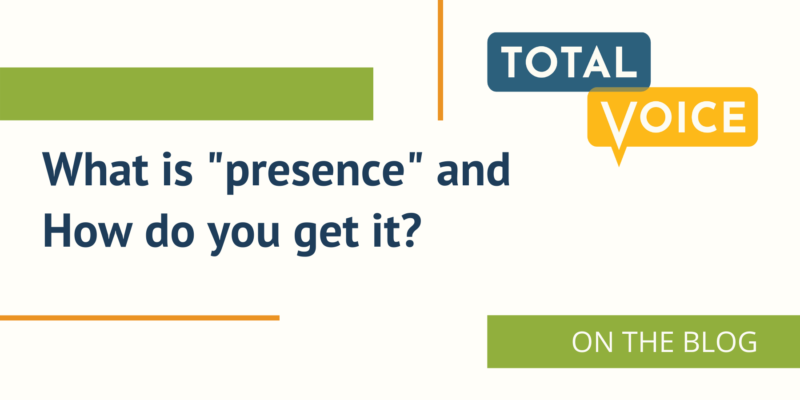Y’all. I have had a lot of clients recently who seem to feel at the mercy of their voice. If they wake up hoarse, that’s it they are hoarse for the whole day. If they start to notice their throat is starting to get tired, they leave the event. If they are asked to repeat themselves, they decide they are unintelligible. If they are sick or hoarse for a day, they sink into it for the week.
These people did not understand they have the power to change these things.
continue reading
